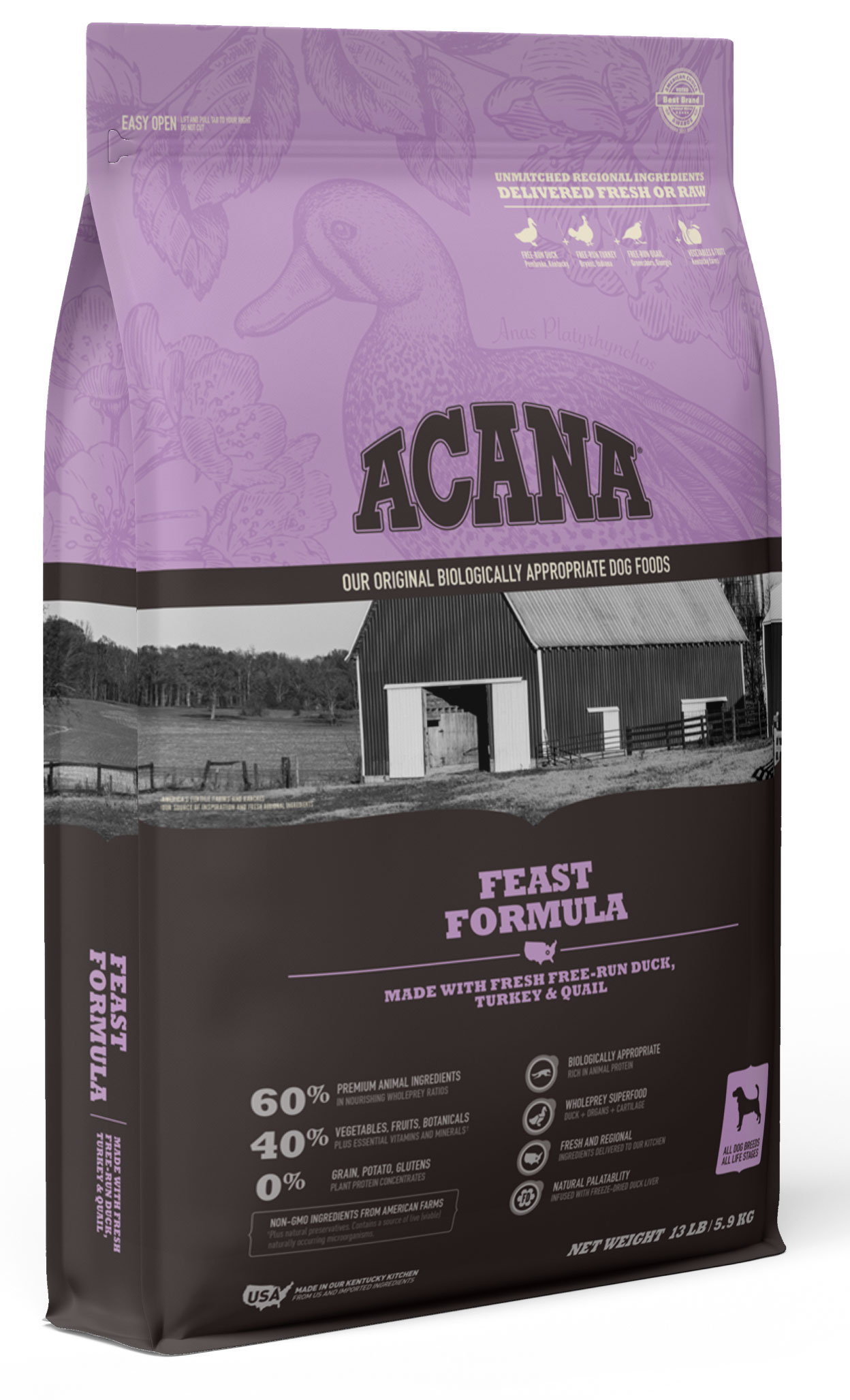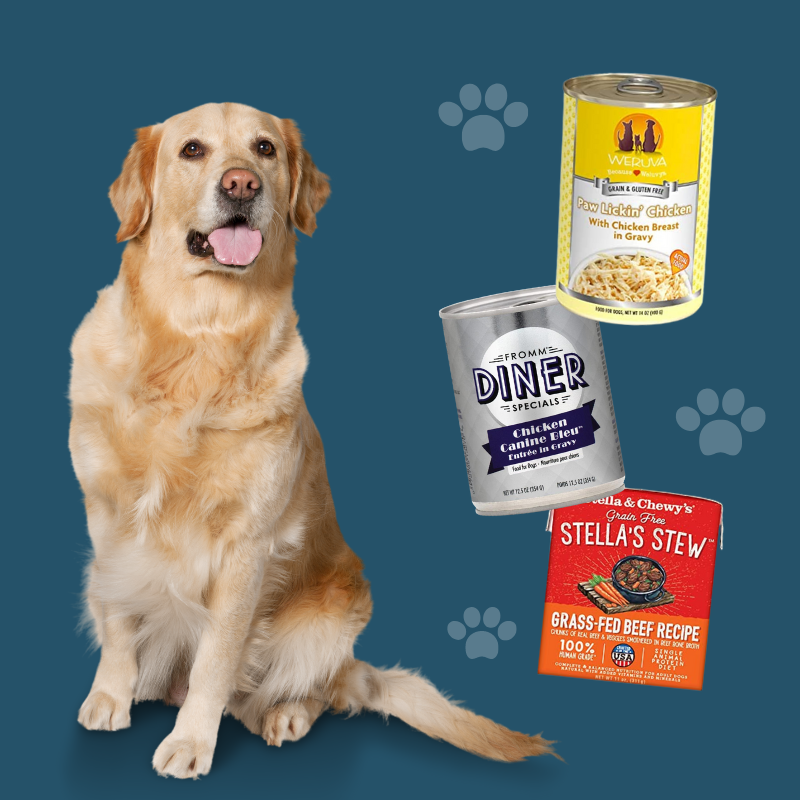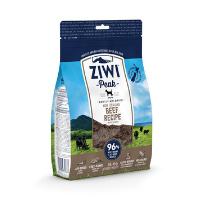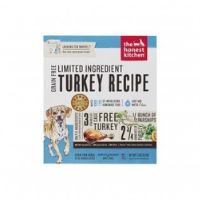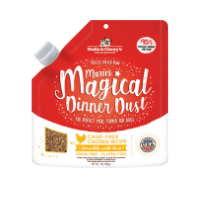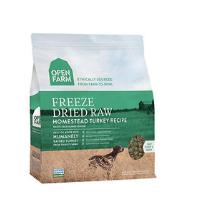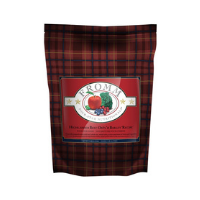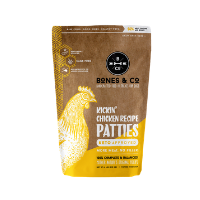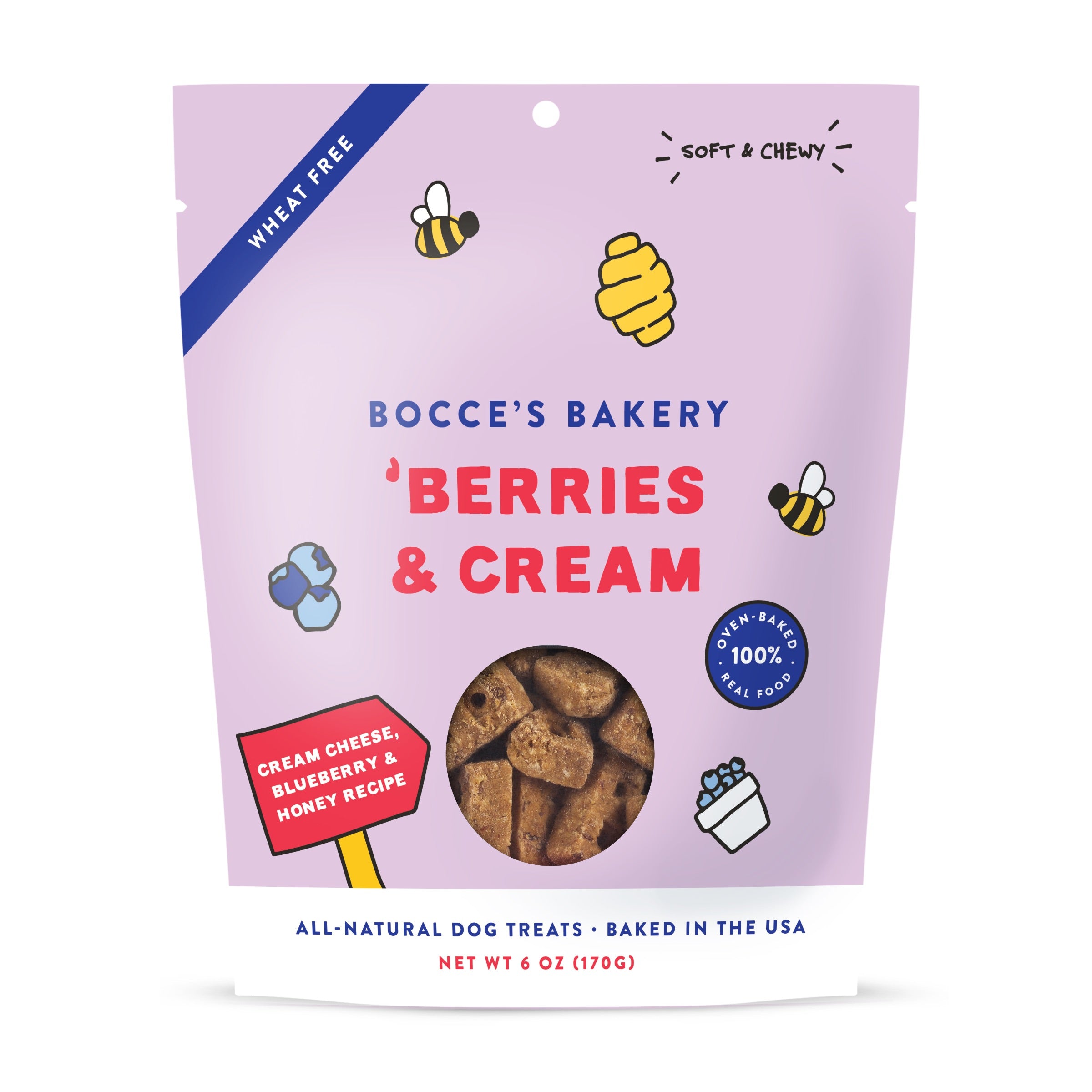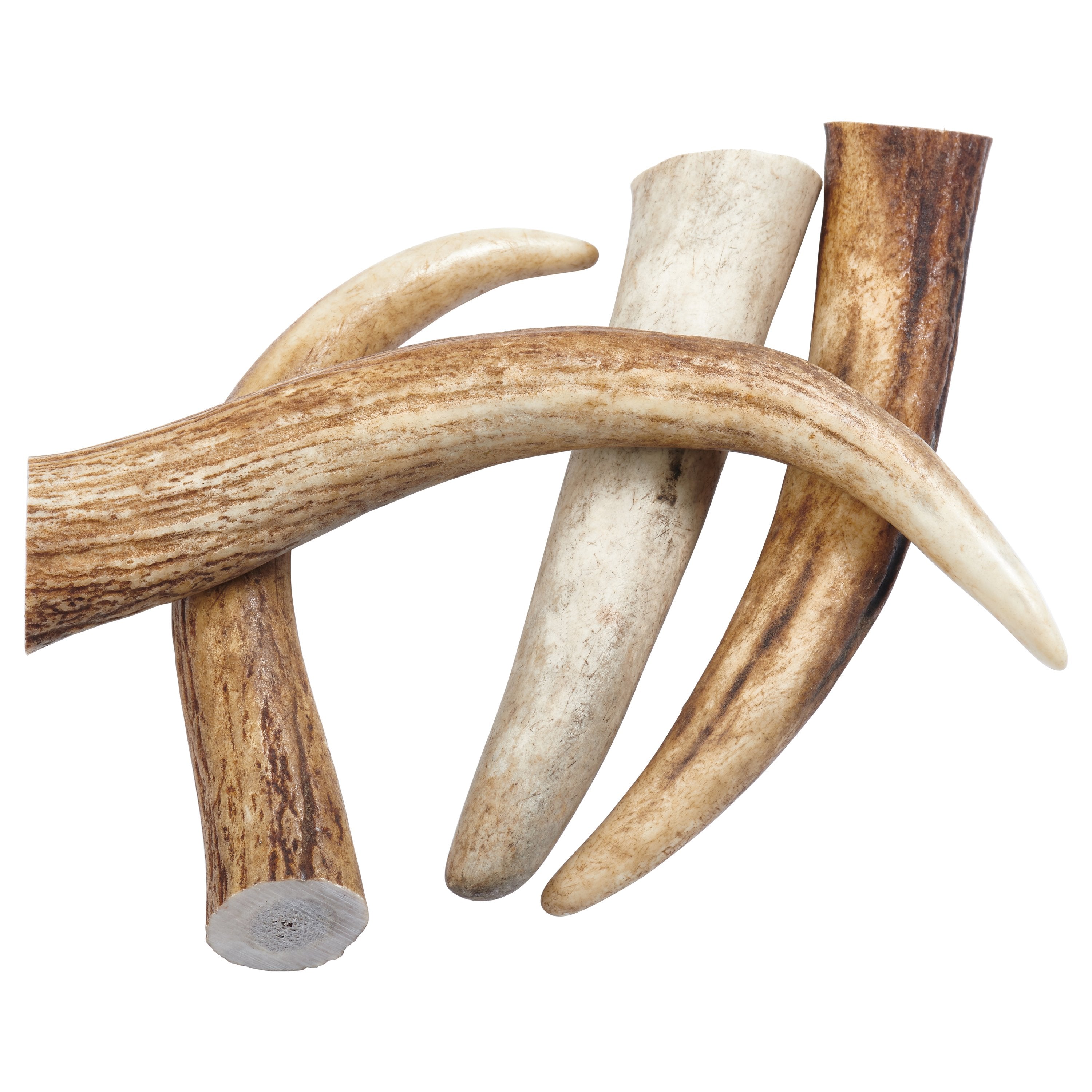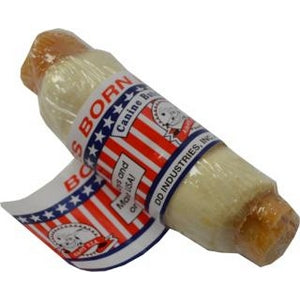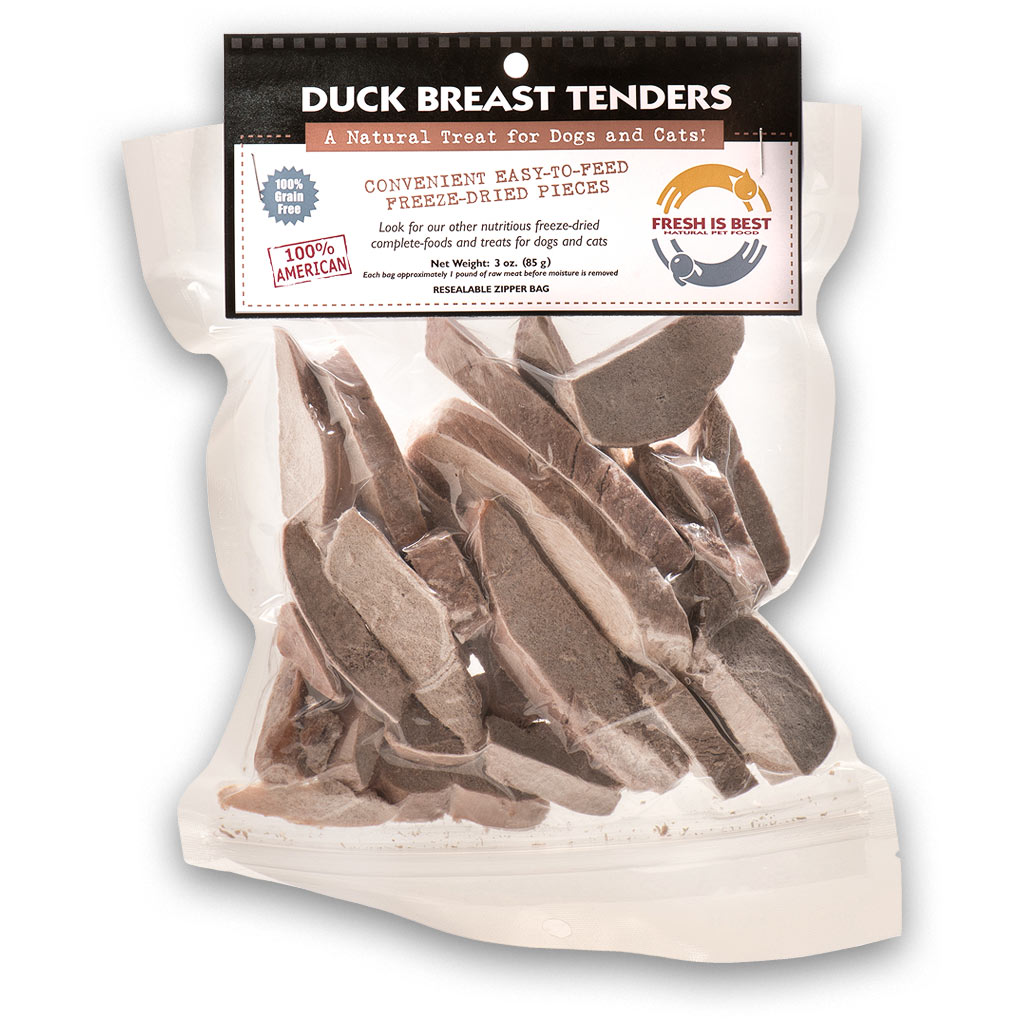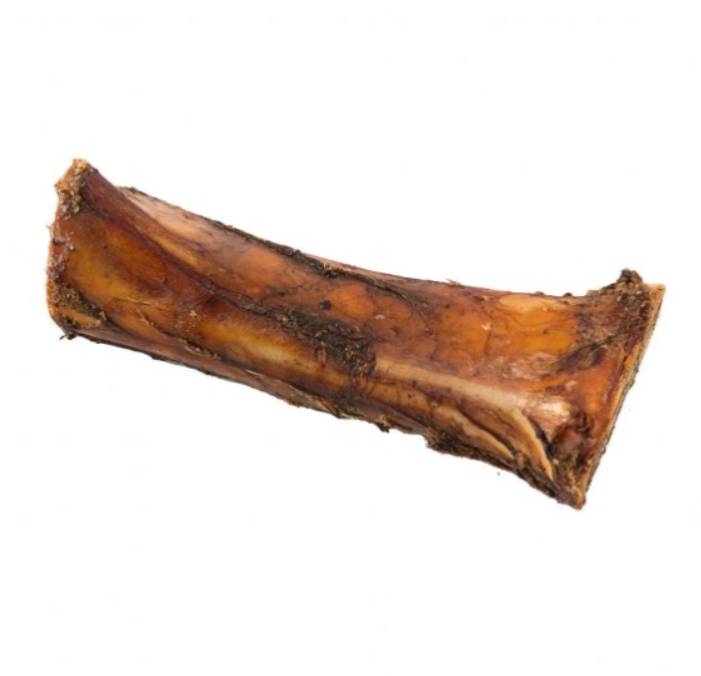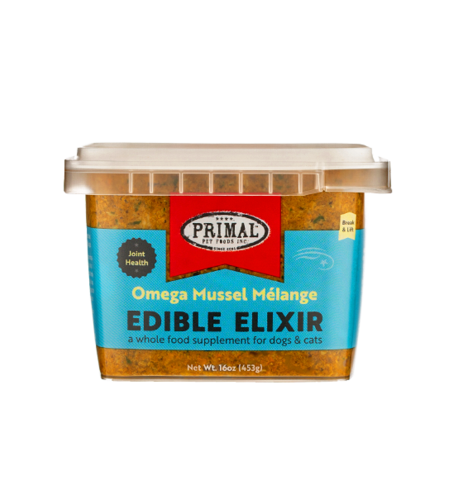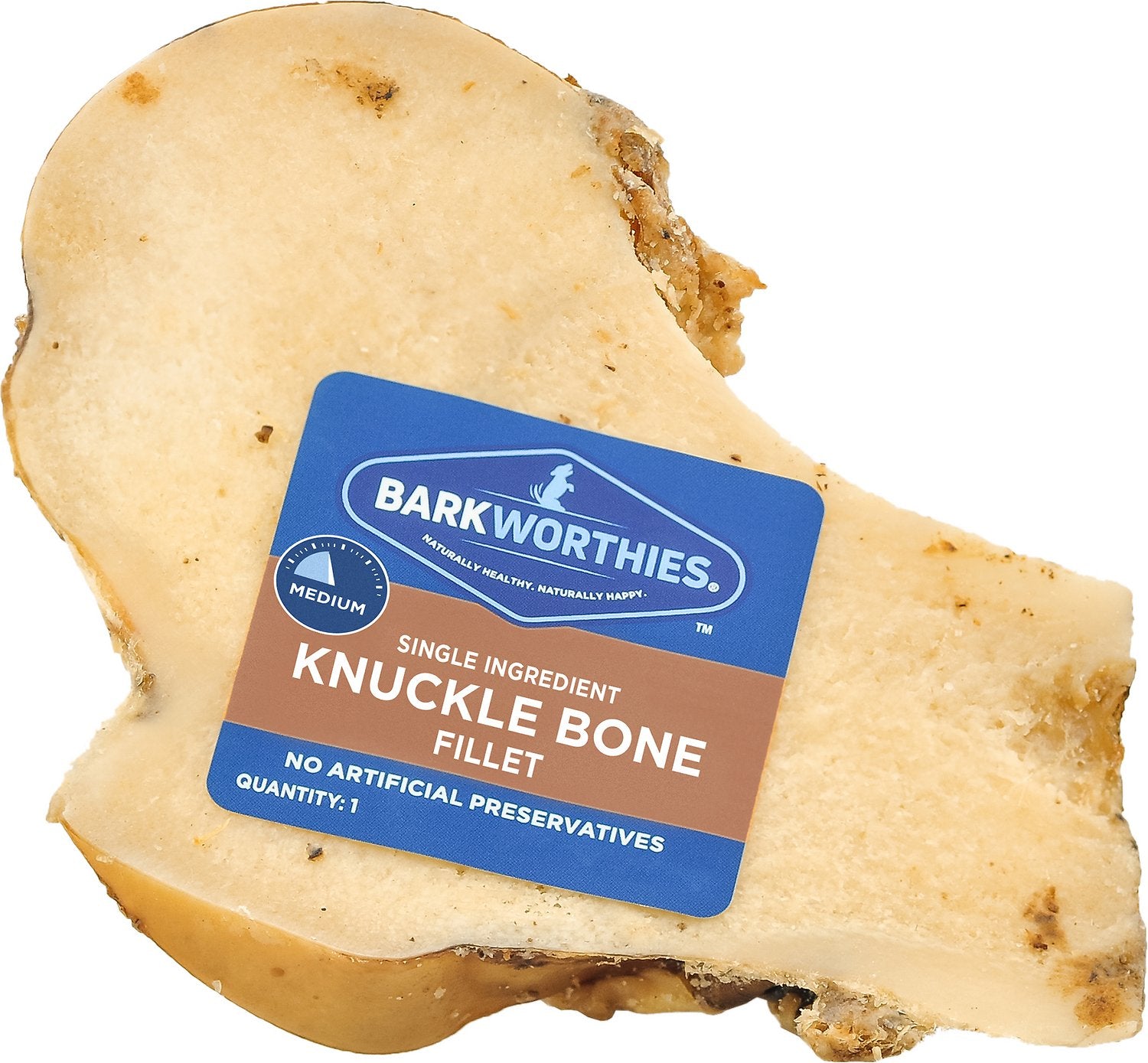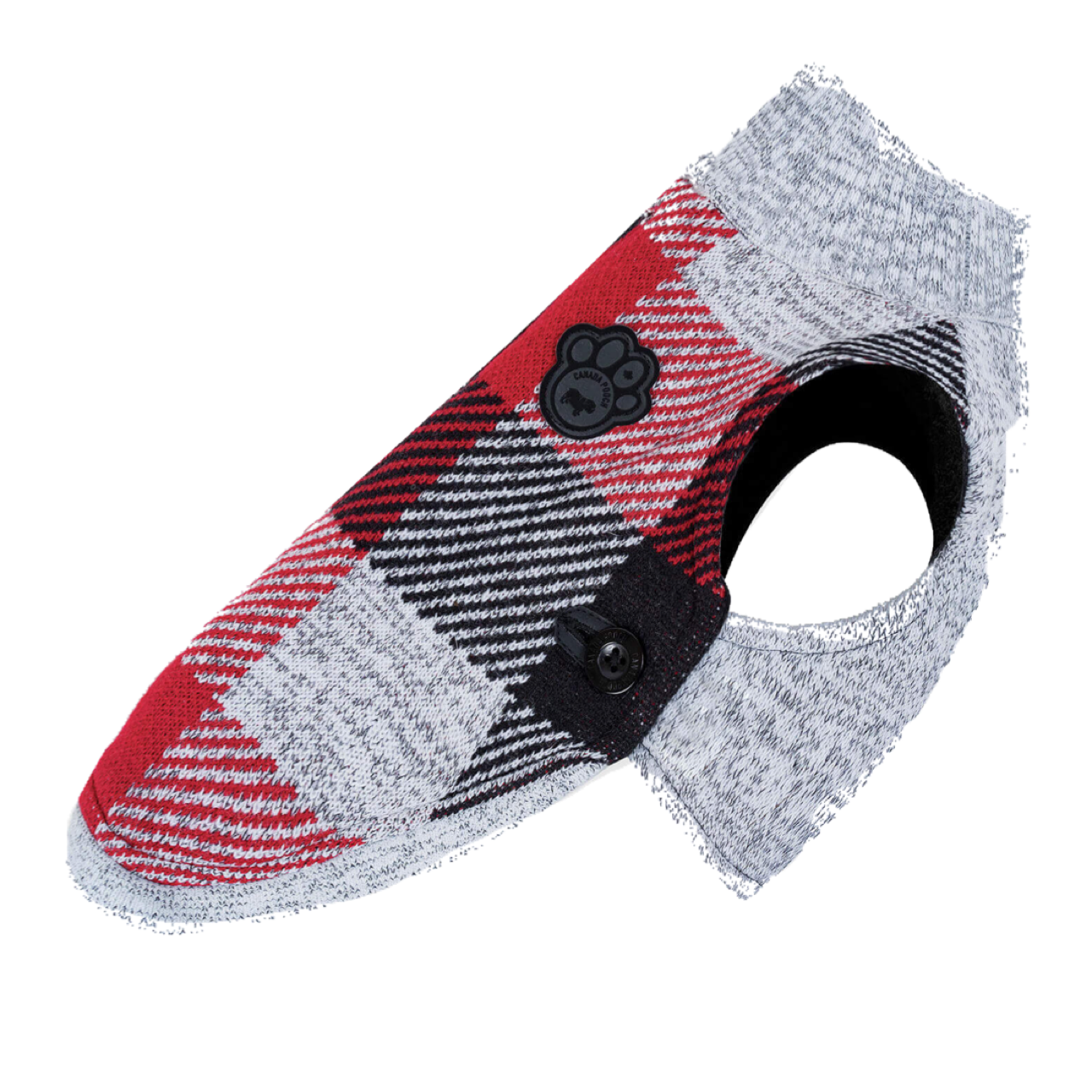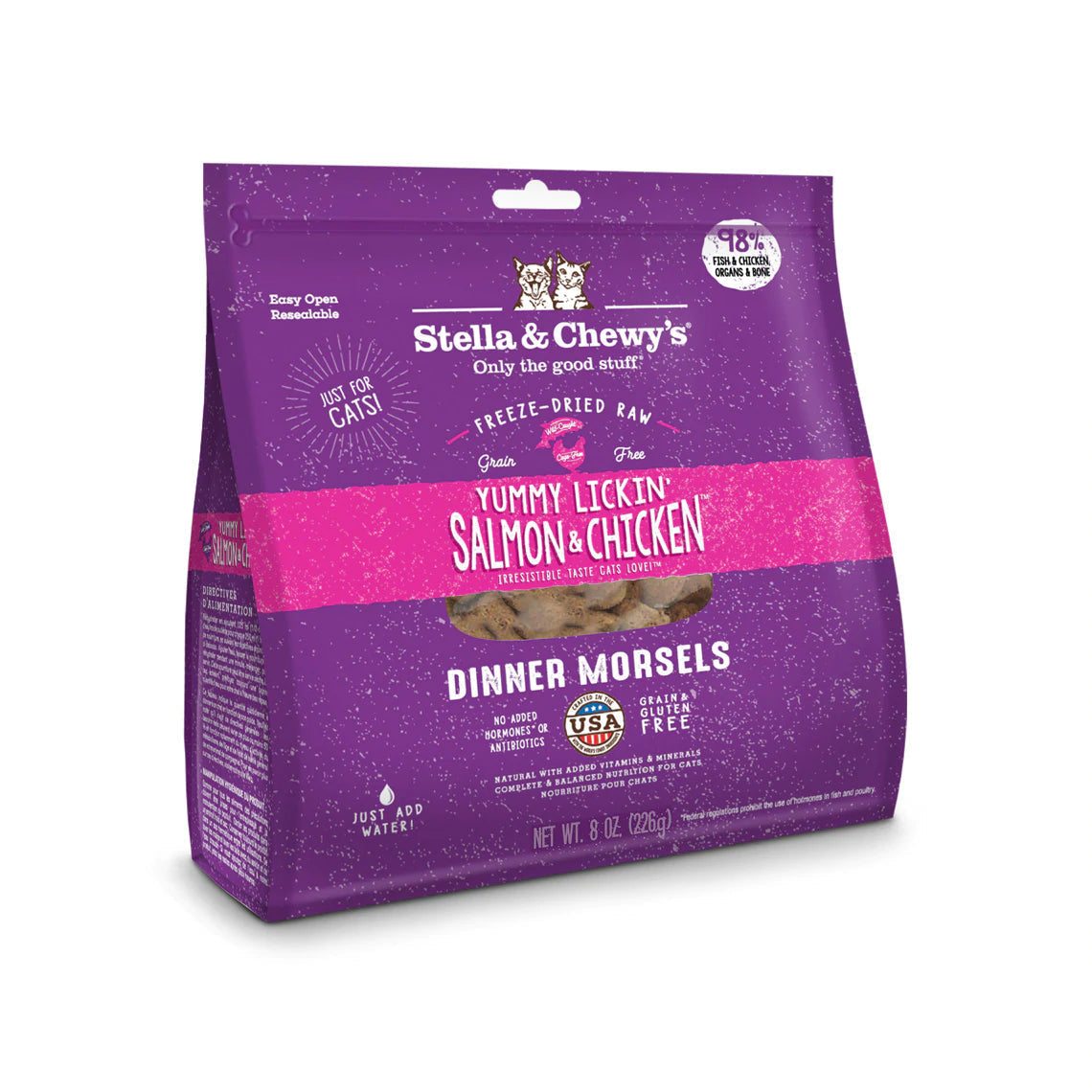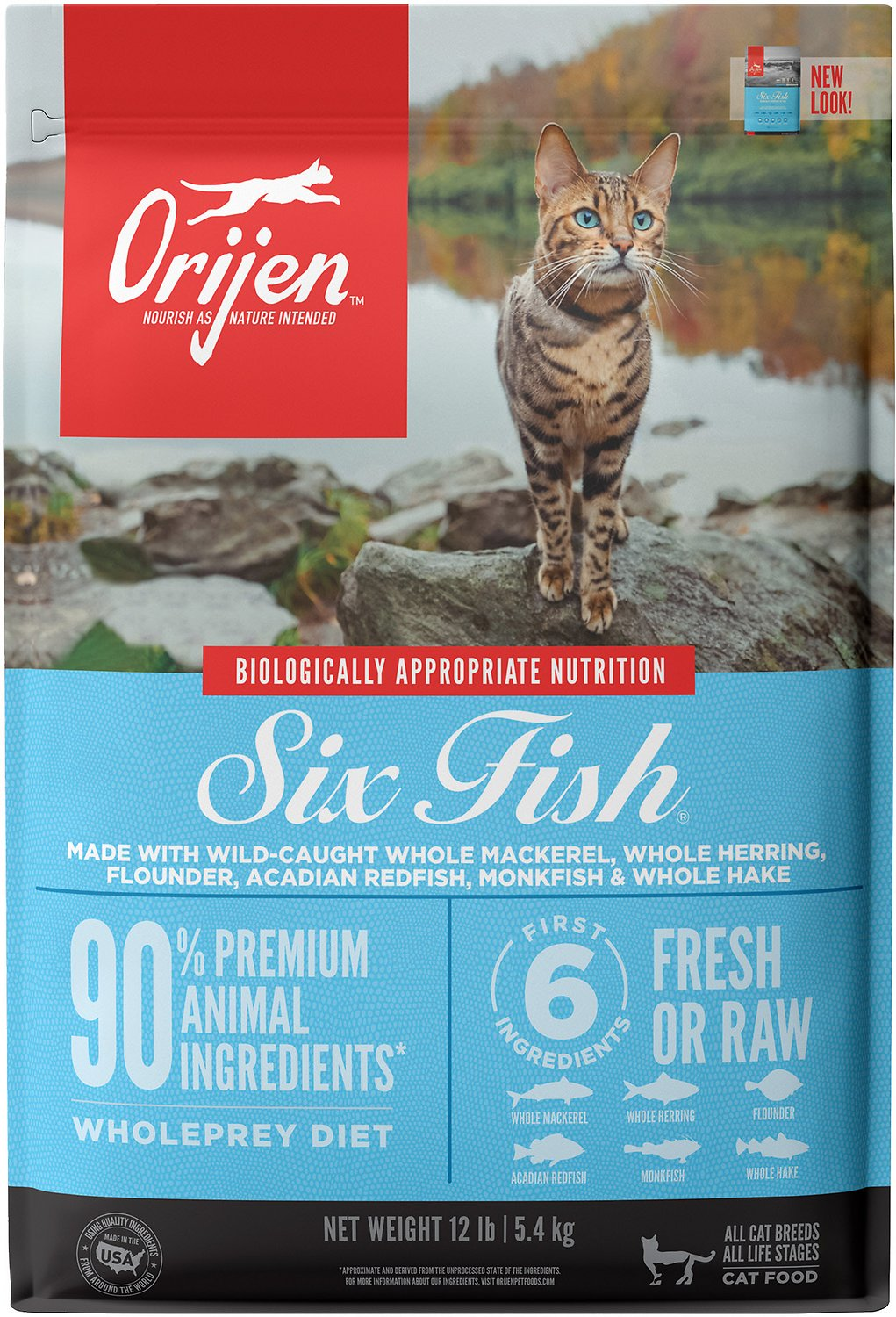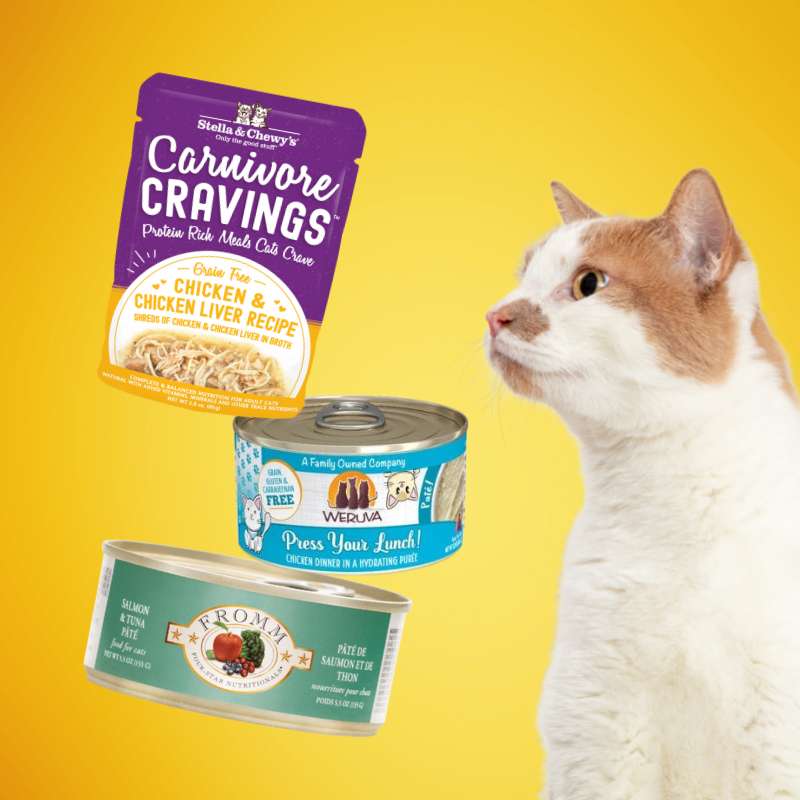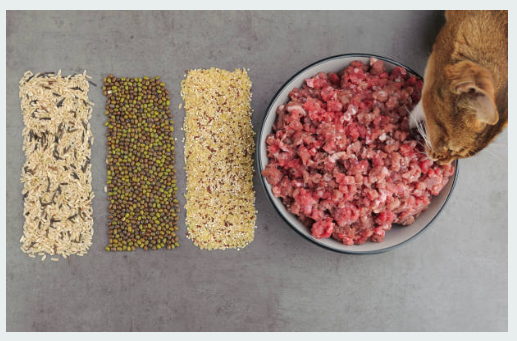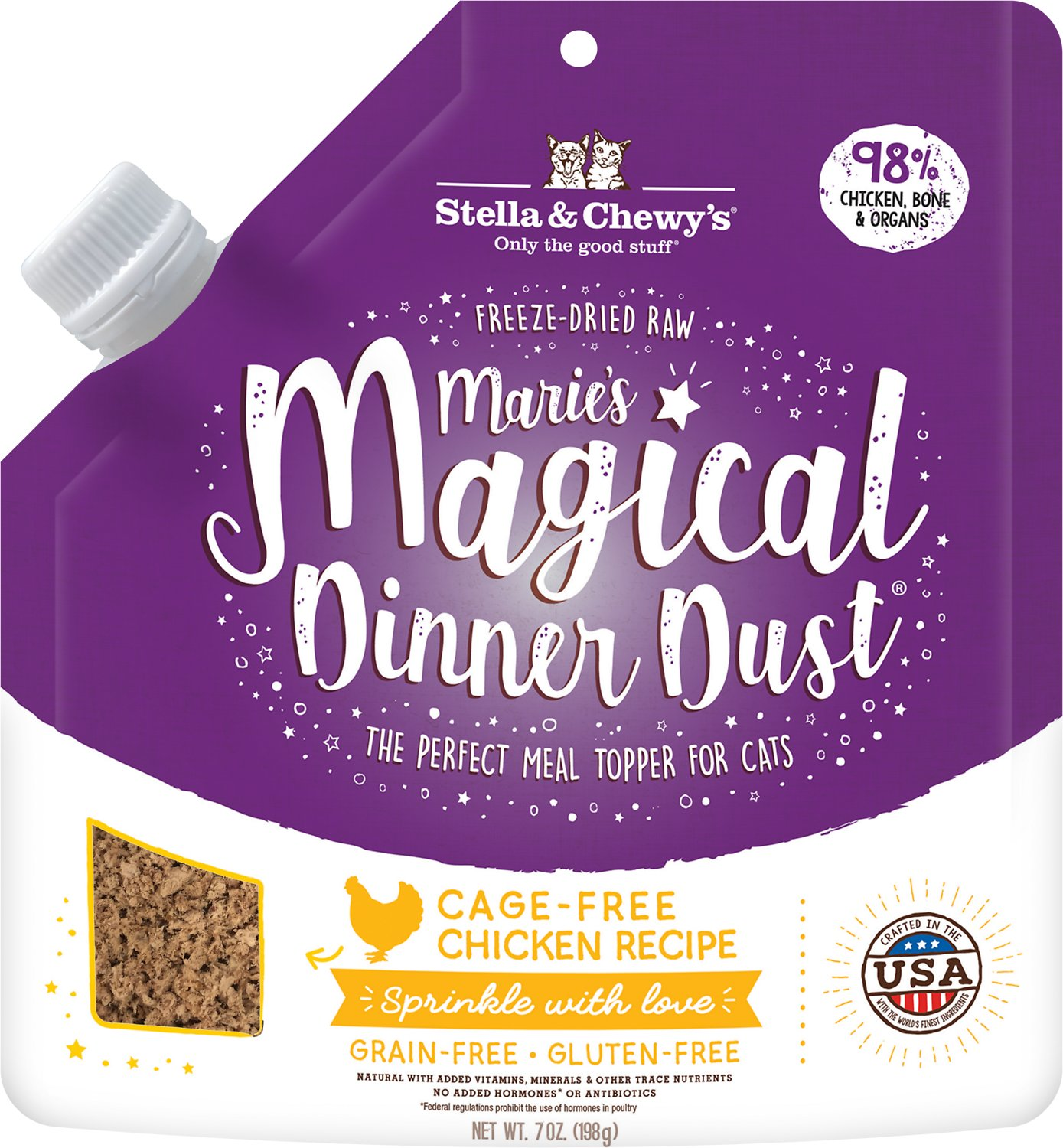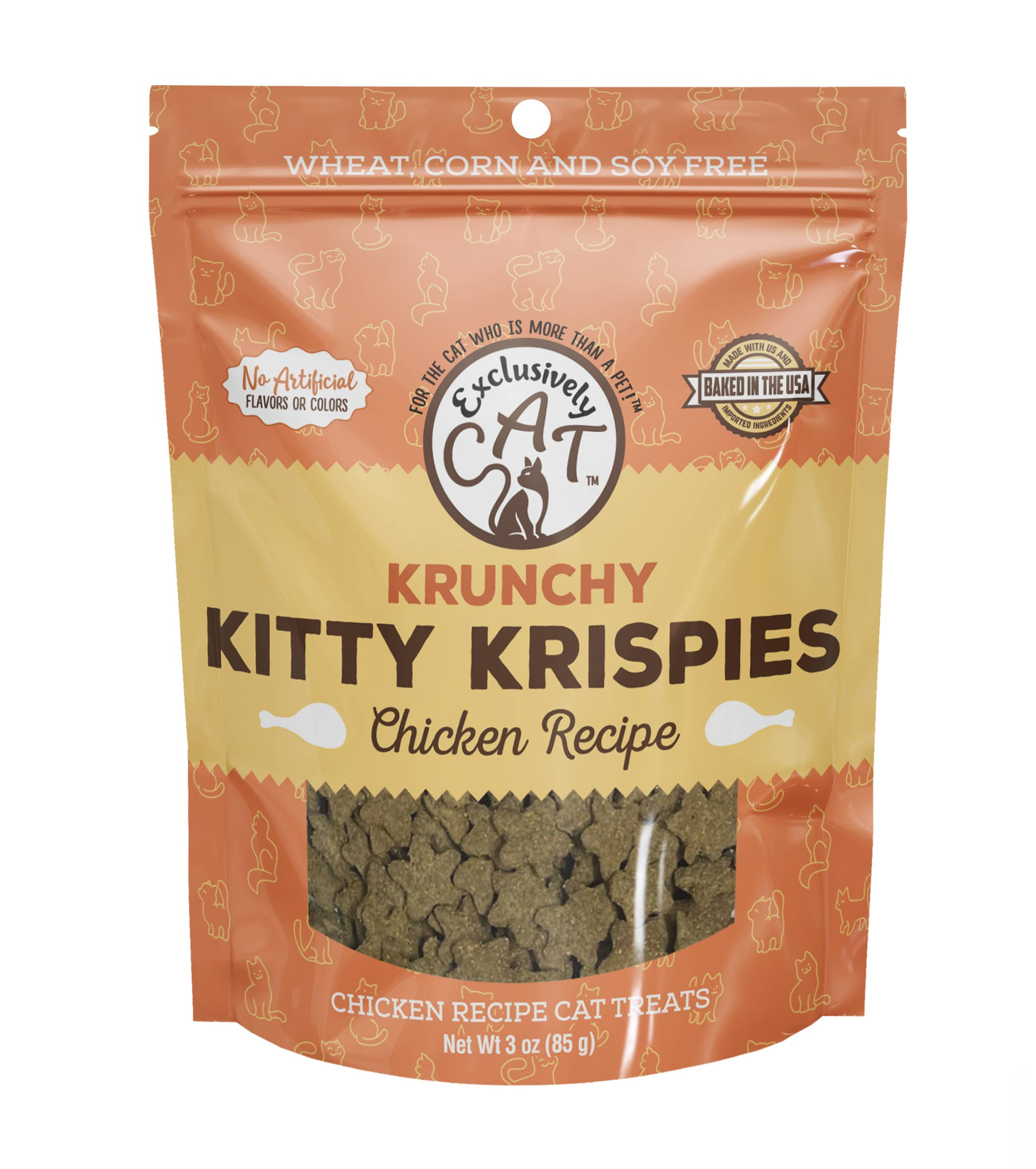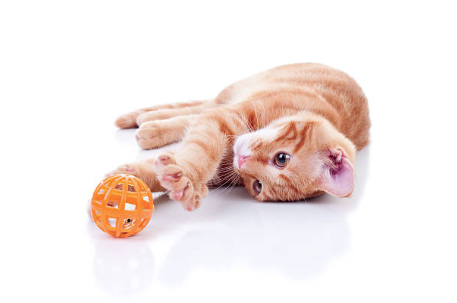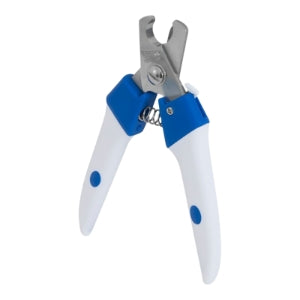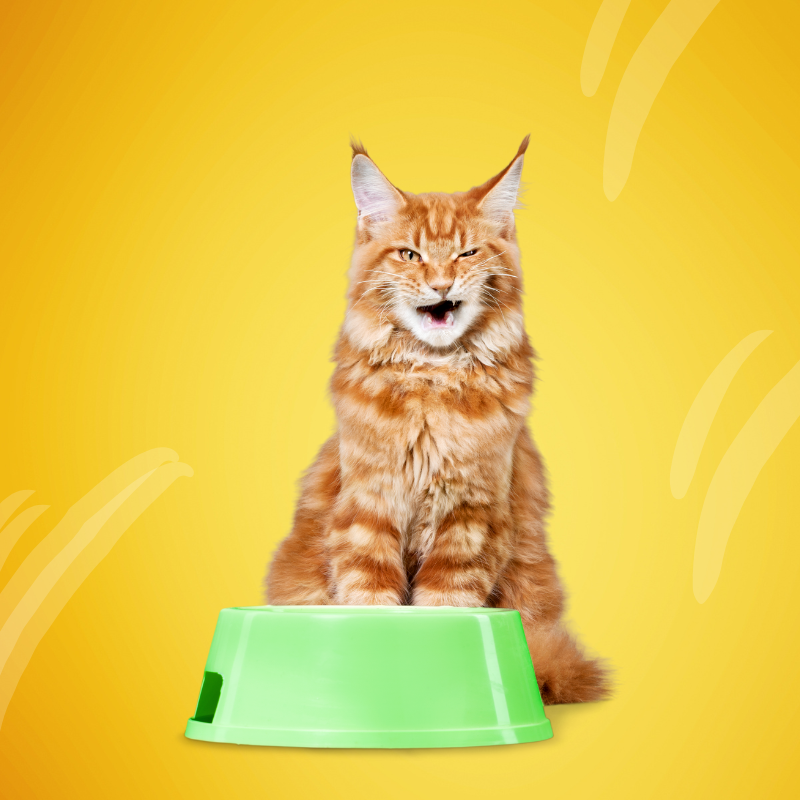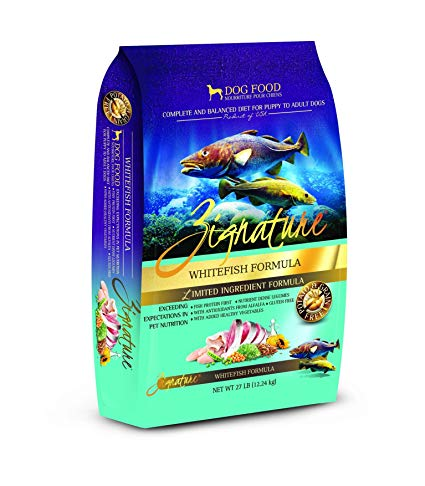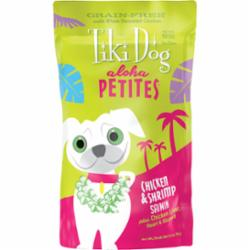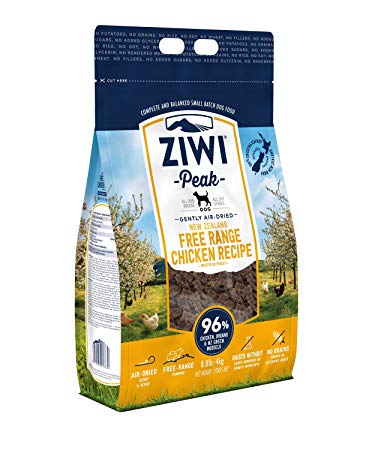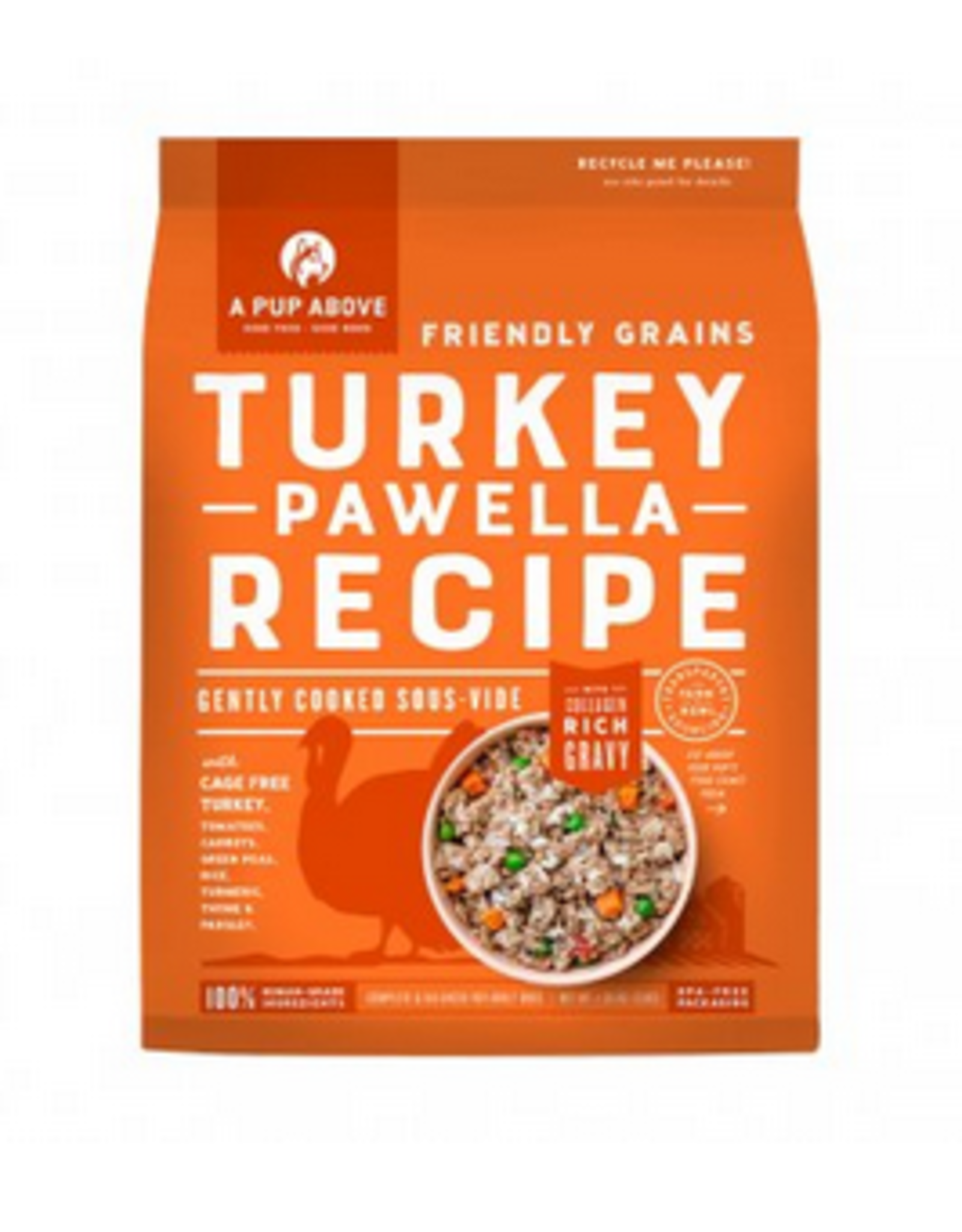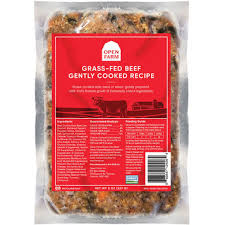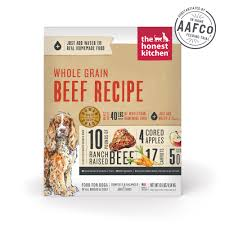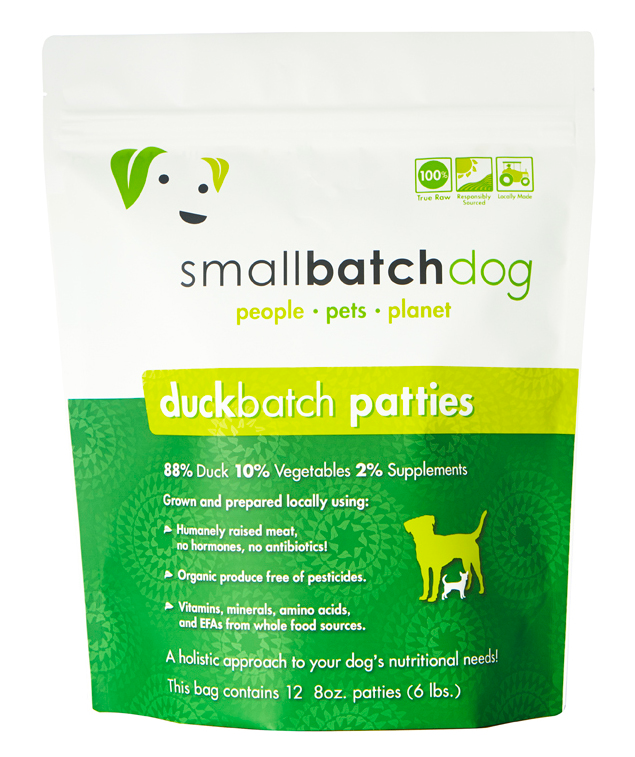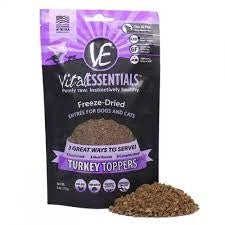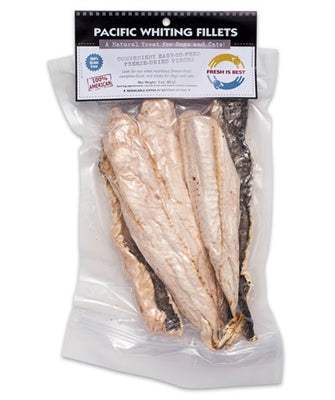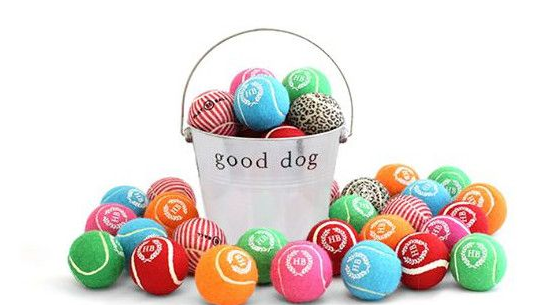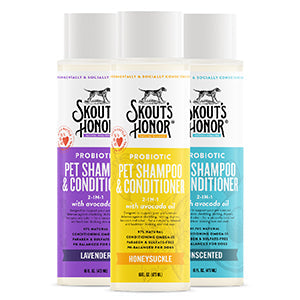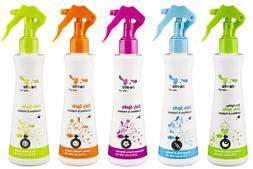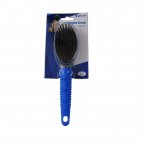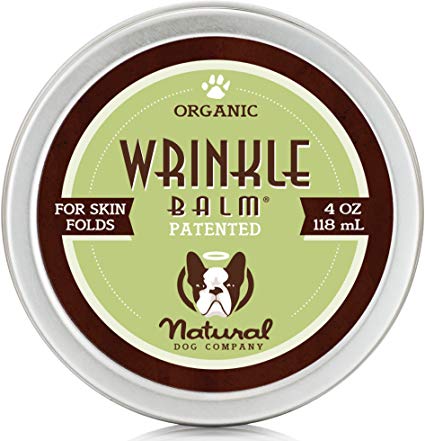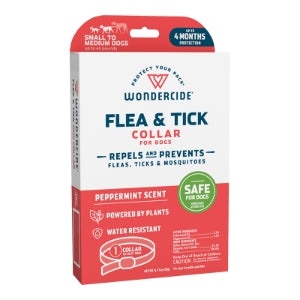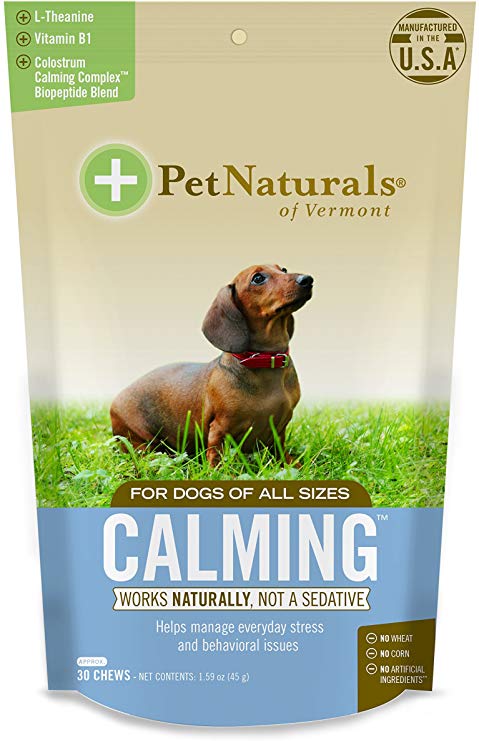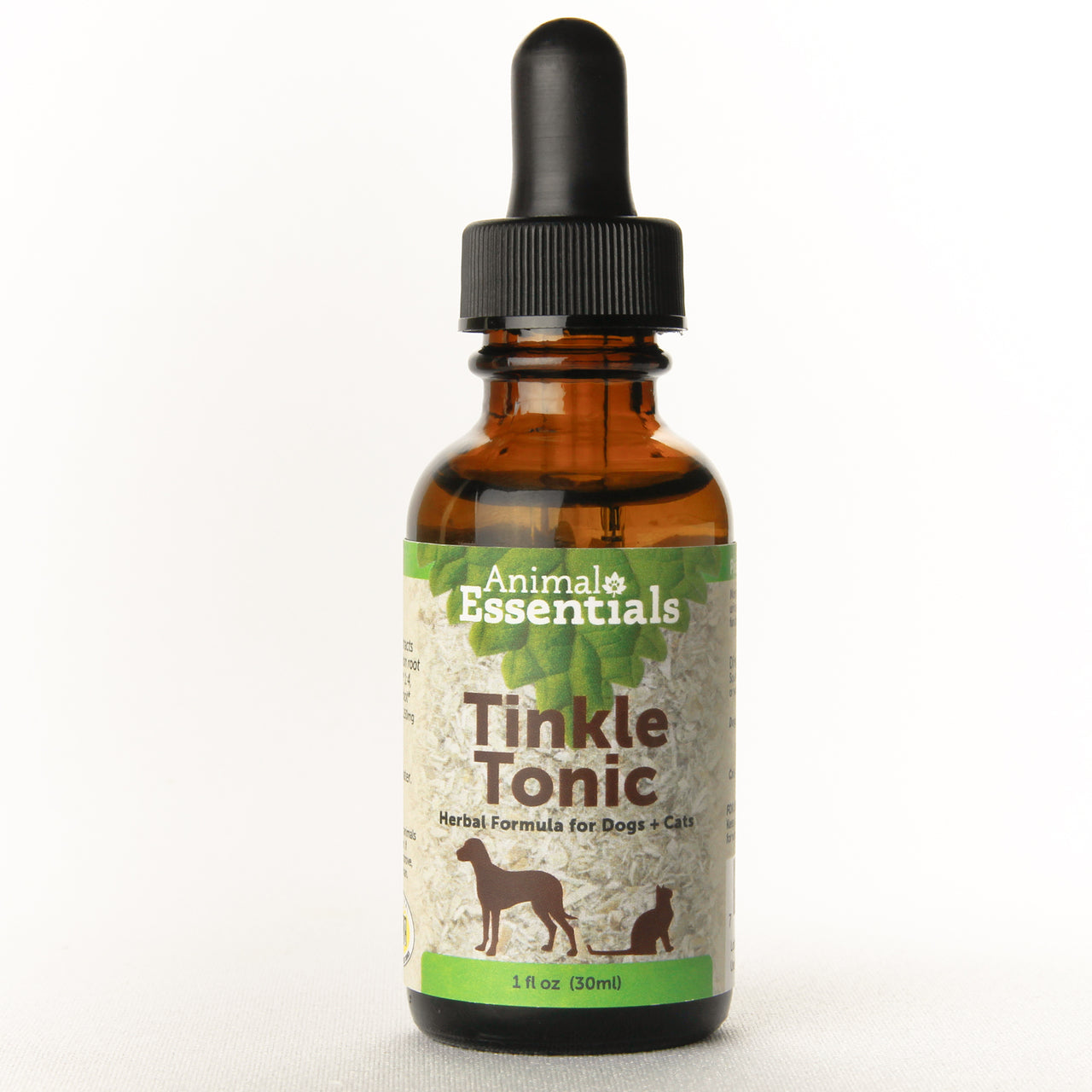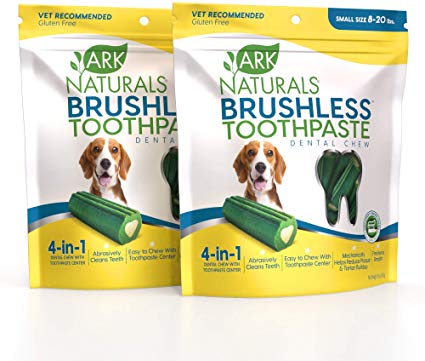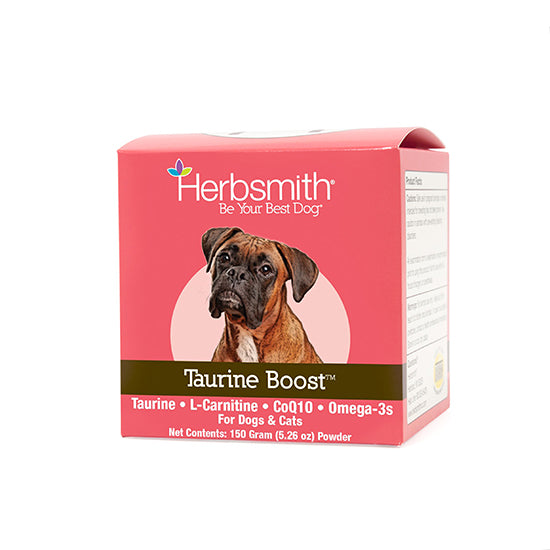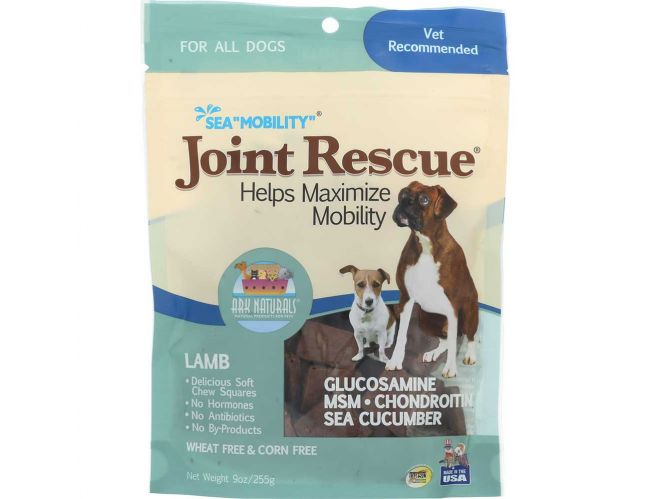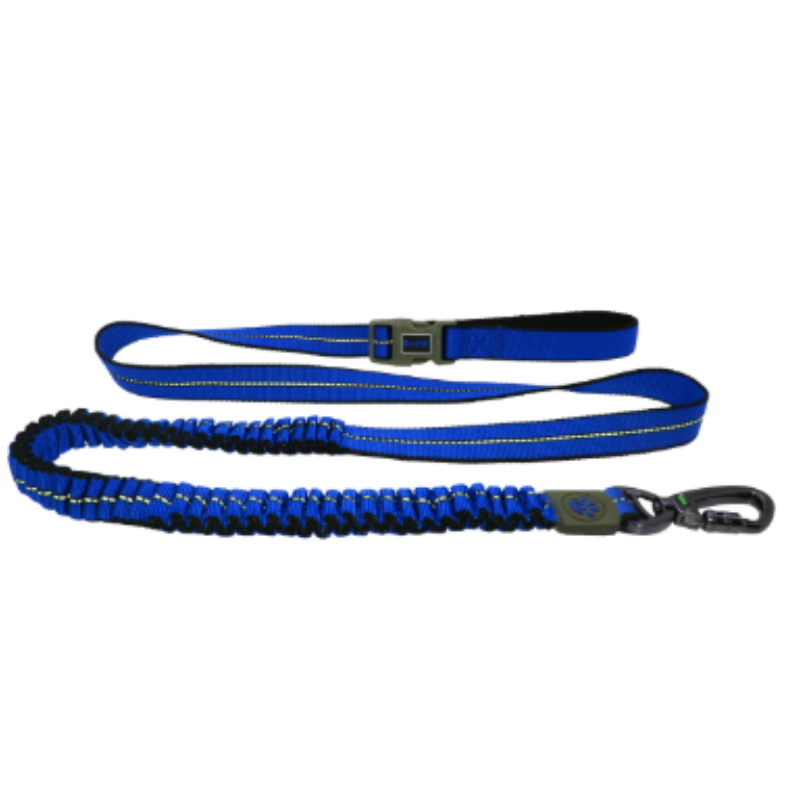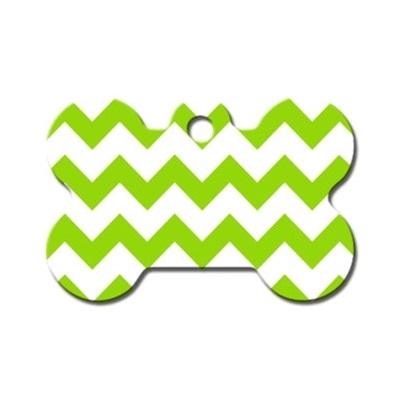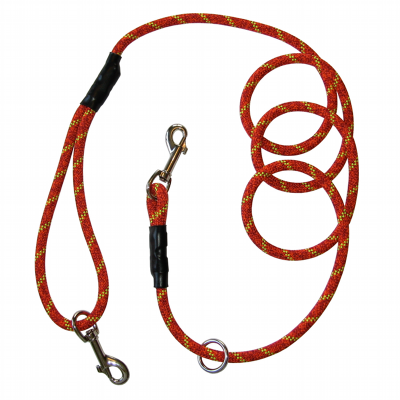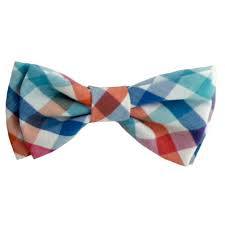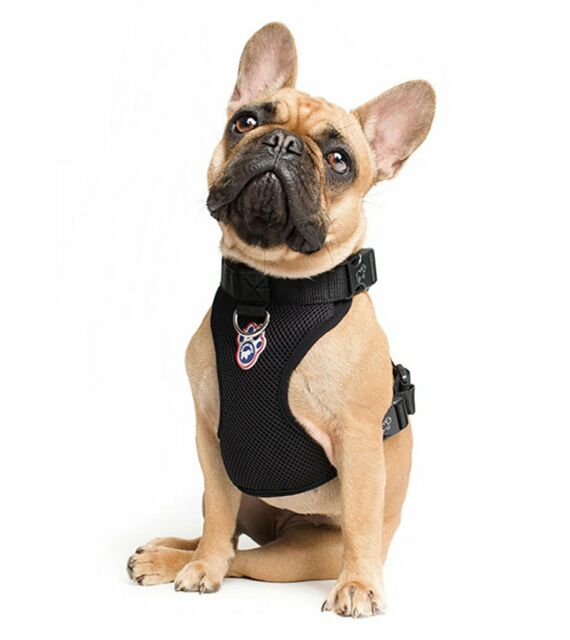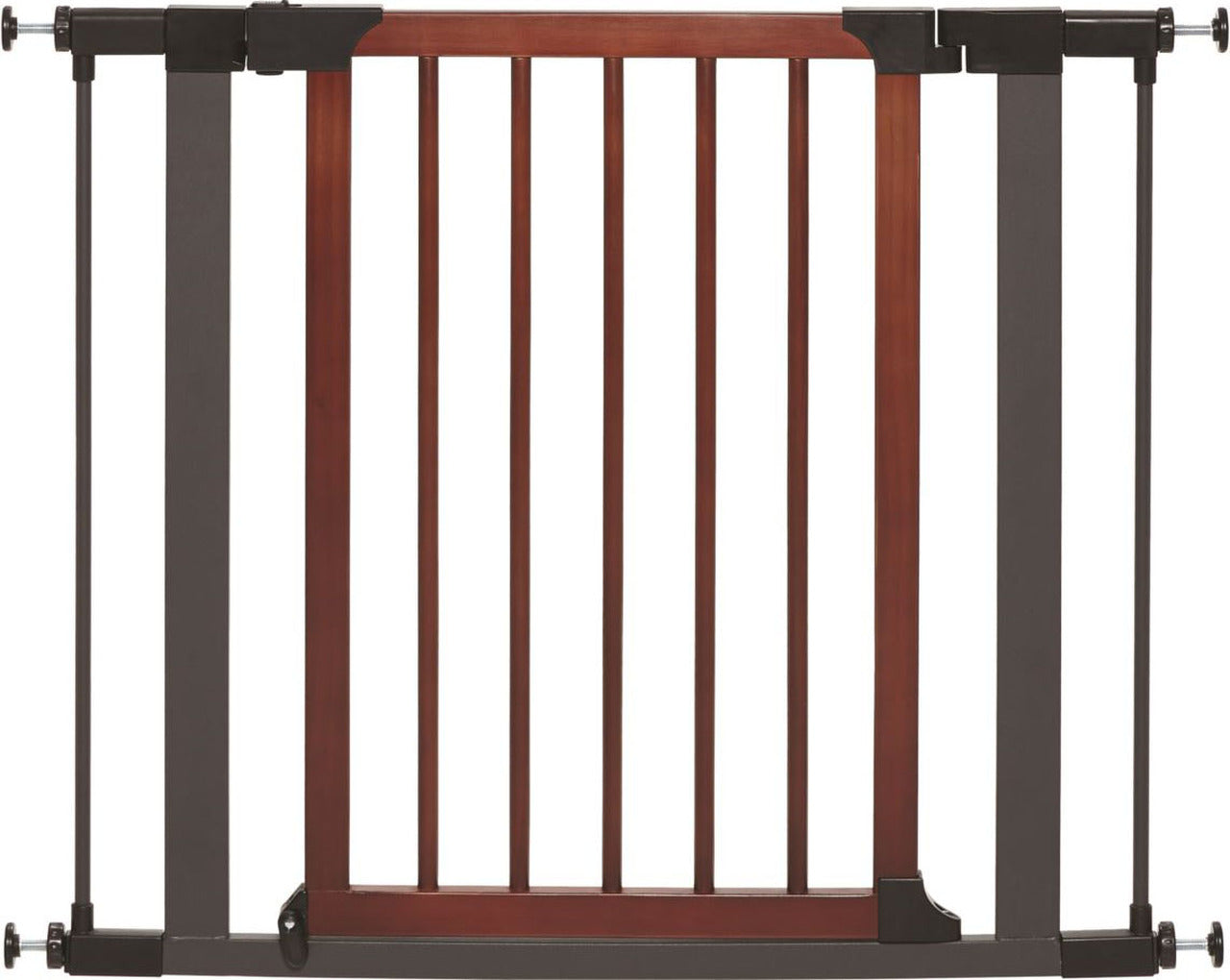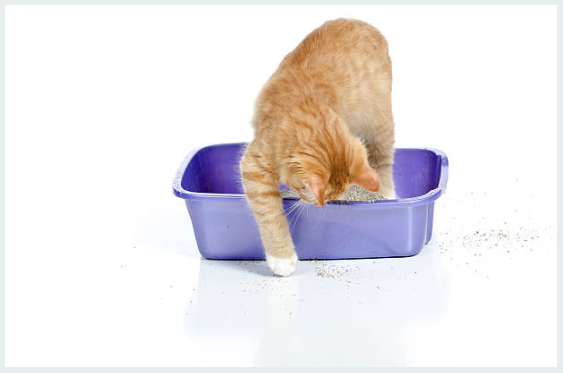Frequently Asked Questions
1. Why is proper nutrition important for pets?
2. How can I read pet food labels effectively?
3. What are the daily caloric needs for my pet?
4. How do my pet's nutritional needs change with age?
5. When should I consult a veterinarian about my pet’s nutrition?
Owning a pet means taking on the responsibility of ensuring their health and well-being, and a big part of that is understanding their nutritional requirements. Just like us, our furry friends need a balanced diet to thrive. But how do you navigate through the complex world of pet nutrition? In this comprehensive guide, we'll break down everything you need to know to read and understand your pet's nutritional requirements.
The Importance of Proper Nutrition
Nutrition plays a crucial role in your pet's overall health. A well-balanced diet can:
- Support healthy growth and development
- Boost the immune system
- Enhance coat and skin health
- Assist in weight management
- Improve energy levels
Feeding your pet the right nutrients can prevent obesity, dental issues, and chronic diseases. Understanding their needs is essential for a happy and healthy life.
Understanding Nutritional Labels
One of the first steps in understanding your pet’s nutritional requirements is learning how to read pet food labels. Here’s a breakdown of the key components you should look for:
Ingredient List
The ingredient list is usually located at the top of the label and is organized by weight. The first few ingredients are the most crucial because they make up the majority of the food. Look for high-quality protein sources, such as chicken, beef, or fish, listed as the first ingredient. Avoid food with vague terms like "meat by-products."
Nutritional Adequacy Statement
This section confirms whether the pet food meets the nutritional standards set by the Association of American Feed Control Officials (AAFCO). Make sure the food is labeled "complete and balanced," which indicates that it provides all the essential nutrients your pet needs.
Guaranteed Analysis
The guaranteed analysis provides information about the minimum and maximum percentages of certain nutrients, including:
- Crude protein
- Crude fat
- Crude fiber
- Moisture
These values help you assess whether a particular food meets your pet's dietary needs based on their age, size, and health condition.
Calculating Your Pet's Daily Nutritional Needs
Calculating your pet’s daily caloric need can help in choosing the right food and portion sizes. The required calories may vary based on age, weight, activity level, and overall health. Here’s how to get started:
Find Your Pet’s Weight
Use a weighing scale to determine your pet's current weight. This will serve as a baseline for calculating their caloric needs. Regular weight checks are essential, as pets can be prone to gaining or losing weight unexpectedly.
Understand Caloric Needs
As a general rule, a healthy adult dog needs around 30 calories per pound of body weight, while cats need about 20 calories per pound. However, puppies and kittens have different needs, as they require more calories for growth and development. Here’s a quick reference:
- Small breed dogs: 40 calories per pound
- Medium breed dogs: 30 calories per pound
- Large breed dogs: 20 calories per pound
- Kittens: 30-40 calories per pound
- Adult cats: 20 calories per pound
Always consult your veterinarian for tailored recommendations based on your pet's specific needs.
Understanding Pet Life Stages
Your pet’s nutritional requirements can change significantly over their lifetime. It’s important to cater their diet according to their life stage:
Growth Stage (Puppies and Kittens)
Puppies and kittens need specially formulated food to aid in their rapid growth and development. They require higher protein and fat levels, along with essential vitamins and minerals for strong bones and immune systems.
Adult Stage
Once pets reach adulthood, their nutrient needs stabilize. At this stage, it’s crucial to maintain a balanced diet that prevents obesity while ensuring they still get all the necessary nutrients and energy.
Senior Stage
As pets age, their metabolism slows down, and their dietary needs change. Older pets may benefit from diets lower in calories but higher in fiber, as they can help with digestion and weight control. Additionally, you might want to consider foods that have supplements for joint health or omega fatty acids for a healthy coat.
The Role of Dietary Supplements
While a balanced diet is ideal, sometimes pets may require additional support through supplements. Some common types of supplements include:
- Vitamins and Minerals: To fill any nutritional gaps.
- Probiotics: To support gut health and improve digestion.
- Omega Fatty Acids: To promote healthy skin and coat.
- Joint Supplements: Often contain glucosamine and chondroitin, which help maintain joint health.
Always consult a veterinarian before introducing any new supplements to ensure they are suitable for your pet’s individual needs.
Monitoring Your Pet's Health
Understanding your pet's nutritional requirements is an ongoing process. Regular monitoring of their health can help you recognize if their dietary needs have changed. Here are some signs to watch for:
Weight Changes
Sudden weight gain or loss can indicate an underlying issue and may require a diet adjustment. Keep an eye on your pet’s body condition score (BCS) to ensure they are maintaining a healthy weight.
Changes in Activity Level
If your pet is less active than usual, it might be a sign that their diet needs to be reassessed. Changes in energy levels can point to nutritional deficiencies or health problems.
Coat and Skin Conditions
A dull coat, dry skin, or excessive shedding can signal poor nutrition. Ensuring that your pet’s diet includes adequate fatty acids and vitamins is essential for maintaining a healthy appearance.
Feeding Tips and Tricks
Feeding your pet isn’t just about the type of food; it also involves the method. Here are some tips to enhance mealtime:
Portion Control
Using proper measuring cups ensures you don’t overfeed or underfeed your pet. Understanding serving sizes based on the nutritional label is essential for maintaining their health.
Hydration
Always ensure your pet has access to fresh, clean water. Hydration is an essential component of your pet’s diet, especially if you feed them dry food.
Monitor Treats
Treats can be a fantastic way to bond with your pet, but they should only make up a small percentage of your pet’s daily caloric intake. Try to choose healthier options and prioritize treats that complement their dietary needs.
Consulting with Professionals
When in doubt, always consult a veterinarian or a pet nutritionist. They can help you navigate any specific dietary needs your pet may have, whether it’s due to allergies, health conditions, or age. A professional assessment can provide tailored guidance to ensure your pet receives the nutrition they deserve.
Final Thoughts: Your Pet’s Health is in Your Hands
Understanding your pet's nutritional requirements is a powerful tool that can significantly impact their health and happiness. By learning how to read labels, calculating their caloric needs, and staying attuned to their life stages, you can offer them the best diet possible. Remember, knowledge is power, and your dedication to deciphering their nutritional needs speaks volumes to your furry friend. Embrace the journey of learning and take advantage of resources available to become a more informed pet owner!


